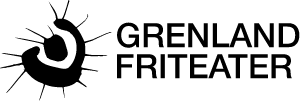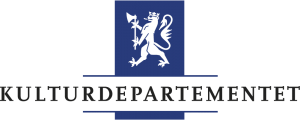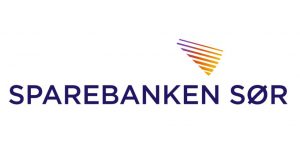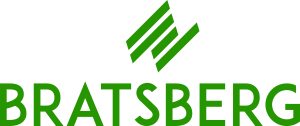Looking onto the boulder
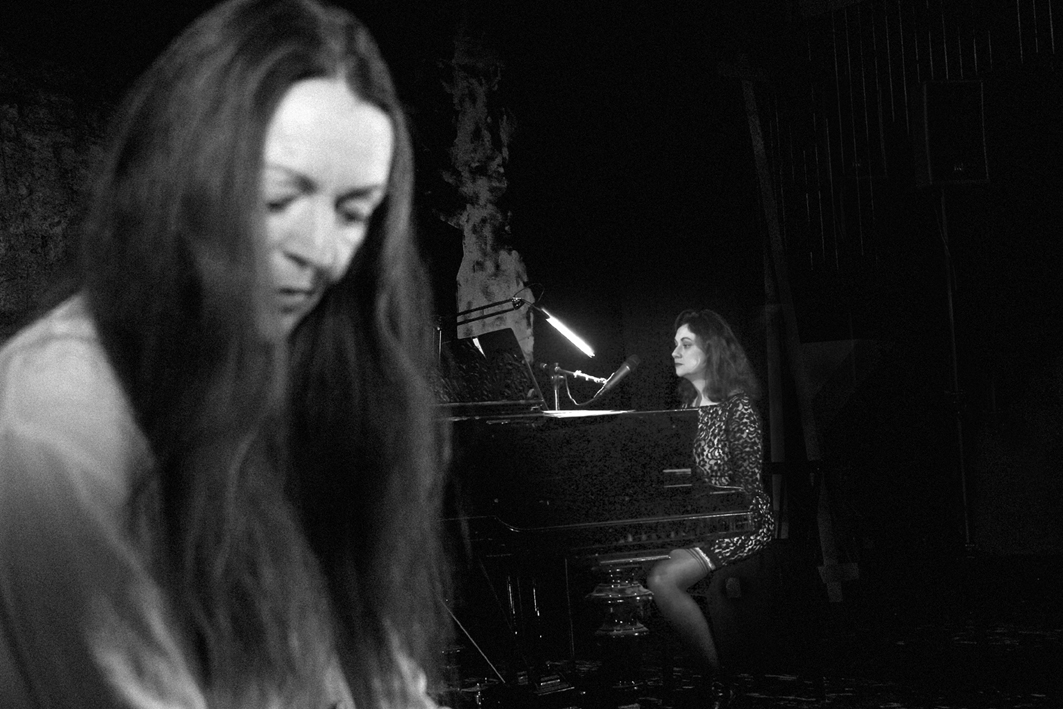
Almost 2 years ago, I found myself sitting here, in the cabin in the woods, looking pensively out and onto the big boulder, out onto the shimmer of the spring light, out onto the first insects of the season sharply visible against the light, out onto an unclear future. It was March 2020, and I am not usually here in March.
Here I am again in early 2022, finding refuge in the summerhouse in wintertime. Hiding.
My shoulders ache because I have been cutting bushes and small trees. My thighs ache because I have been lifting. I thought we were done hiding in the woods. Surviving elsewhere. Fighting and fucking the coronavirus.
Resisting. Inventing new work strategies like silence and withdrawal. Fitting for someone who has spent the last 40 years working in live arts. I walk and walk. It is as if I would like to walk to another reality, walk from this land to another other land. But it is the same land and all lands are the same, and they do not want us in Australia or in New Zealand. I would like to be in New Zealand and hug, talk to, and be close to the people I know there. But they will not let me, and it is not my land, beautiful and as similar to ours here in Norway as it is. We can hardly exist in our own land, in our theatre. It is closed. Again. Dark. Cold.
I am in the woods. Again. This time around I am not as perplexed as this time last year. There is a temporary shut down and we go on working undercover. We are used to it now. Used to being ‘in a pandemic’. Used to being in our summerhouse at the wrong time of year. Used to swimming in ice-cold waters.
An army of children walk towards the US Border. There were childrens’ walks for work and food up until 1910 in Norway. Children as young as 7 years old walked up to 150 km to work for wealthier farmers, so as to help support their own families. They were often away from April to November. After 1910, they started emigrating to the US also.
The windows are dirty. My hands are dry. Five early mosquitos are dancing in the sunshine. There is sunshine. Where will the children walk to now? We have put out the fishing net. It is illegal. I do not care. I would like to catch a wild trout.
I showed my daughter Anna Andrea, an architect, a picture of the mask that Deborah Hunt works with. She is a puppeteer based in Puerto Rico, with whom we have worked. She noted how incredible it is that an immobile, set face as the mask is, can seem so alive. We see it moving even if it does not. The mask is alive. We have masks from Deborah in our house. It is now a very long time since I traveled. My suitcase is dusty and my passport is running out. The more I miss, the more I hide. Do the opposite. Seek new strategies.
Masks. I think of the cries, the screams, her shouts. Frozen in one expression. I see masks and face-like features performing for me in the dusk. On trees, on the mountain: patterns made from the wind over the bay’s water. A twig, a stone, strange twists of the tree-ring patterns from an old stump of a birch tree.
Under the dead grass, there is some green. Under the green, there is the ice. It is colder in the shadow. I hear now that more people prefer to live alone. I hear now that there is a new word phrase – ‘sister love’. I hear now that we need to speak from a vulnerable place.
My grandmother lived through the Spanish flu. Her youngest son, who grew up mostly with her, wanted to become an actor. He had a special talent, and was given the offer to go to the State Theatre in Bergen: a wealthy family would pay for him. My grandmother flatly refused. For her, theatre was close to, or worse than prostitution. So, here I am granny, a whore!
Theatre is also a risk. And at risk. Theatre is you and me, at the minimum, here, now. Our here and now has gone. I am secluded in the woods. Our theatre building is dark. Empty. We are back to telling stories around the fire. The campfire.
A bluish darkness, slowly erasing the contours of the mountain, of the oak trees, the steps down the path. The path, the long one. The conversation, the long one, that I am having with my longtime compatriots.
The conversation that I am having with myself, because of them.
LESSONS AND EMERGENCE
Speaking from a vulnerable place. Where is that? It changes. During the pandemic, I have been surprised at my own vulnerabilities. Some of them I did not know I had. I did not see them coming.
Darker. Layers of light. Whitish blue, grey with some coal inside, black blue. The tallest trees have their crowns up in these colours, up in this light. If I knew how to paint, I would make layers of light.
We cancelled Porsgrunn International Theatre Festival in 2020. The emptiness, the void. Since 1995, the festival has marked the end of spring, and the beginning of summer. The festival opening has become a ritual, a gathering for the whole community for up to 5,000 people in and around Porsgrunn, in Norway.
At a Magdalena Project Festival in Holstebro, Denmark, some years ago, Julia Varley and I took one person at a time into a small changing room. There was a cabinet in there, and if I remember right Julia was in the cabinet and I was outside holding the person by the arm. We whispered in their ears a name and a secret word. The performer Beatriz Camargo was one of them, and she took it seriously. In a ceremony some days later, she dug up a grave, and inside the grave was bread, a fresh loaf of bread the shape of a doll. Death as the image of a warm bread doll with black raisins for eyes. Looking at you. A new mask.
In 2020, our theatre, Grenland Friteater in Porsgrunn, performed 74 performances and cancelled 171. The international festival was held in 2021, with only national groups and with a maximum audience of 50 indoors. All our international travel was cancelled.
I cannot see the mountain any longer, only the light from the outdoor lamp. Out here in the wilderness I hear an owl. A butterfly ran into me today. Life in the wilderness means walks, walks to put out the fishing nets, to collect planks that have drifted to the shore, walks for their own sake, walks for talks, walks for silence, walks for slow thinking, for the prepping of ground for work, the walking of brain. I see my own reflection in the window pane clearly, I see an old big woolen sweater and unkempt hair. This is also me.
Most of the time I meditate on the opposite wall.
It is pink, with speckles.
I have looked at it so long I think it is a part of my heart.
But it flickers.
Faces and darkness separate us over and over.
These lines come from Sylvia Plath’s poem The Mirror, a poem I used in my first solo performance The Stars Are No Nearer, 35 years ago at the first Magdalena Project Festival in Cardiff, Wales. And they suddenly visit me here in the woods, by a reflection in the old window. How the mind works.
The good thing about the woods is a general lack of mirrors. The bad thing is scaring people who meet my hobbit-self that I have turned into in the last two years. Rarely do I meet people though. Staying warm and sane are the things that matter in this landscape. Being more still, more focused.
Same clothes for days, dry hands, knotted hair, happy grin. I am a wood owner. I own oaks, hazel, spruce, cherry trees, rowans, maple, birch, black alder, aspen, pines. I am rich. I dive into nature. I hear the birds singing, I see the small insects crawling, I see new small green plants sprout. All this growth is comforting; it is reassuring that new life is on its way. Here, in nature, COVID seems far away.
I write. Small scenes, small texts for performance, dialogues, letters, songs, I write to other groups and festival curators, I answer emails and give interviews, I do voice exercises on Zoom. Imagine. The Magdalena women meet on Zoom.
In the woods, there is mostly silence, and the big firm boulder opposite my window. Big, dark, chunky. Reliably firm. I need the large boulder, unrockably steady. Nature gives comfort, support, and hope.
In 2021, our theatre had 163 performances and cancelled 47. Sixty-eight of the 163 were guest performances.
Needing more strength, literally speaking. Lift stones. Pull weeds. Jump. Walk. Crawl. Hang. Fuck it.
A new silent morning. The landscape is greyish, there is no shimmer. The day has not yet broken. Yesterday came with sun and I took off one coat and sweater after the other. I was hacking away at some soil, to get a place to sit and see the fjord. The earth was full of stones: I loaded the wheelbarrow twice with the stones and twice with earth and twigs and grass, old dry grass. I was so sweaty that a bath in the sea suddenly seemed tempting. A sea-bath in March!
My husband and I warmed our old bathrobes and walked very determinedly down to the sea. Every step had to be convincing otherwise it was too easy to halt the mission. Directly on to the spot where we can slip into the water, off with our clothes, we slid into the water, and we were up again before you knew it, up again with a speed you would not know you had, and with an ugly scream coming out of our mouths. But, there we were, grinning, drying, very proud of ourselves and with this tingling sensation from top to toe, the tingling that makes it all worth it. COVID! You cannot take it all from me! Here I am, performing.
Our theatre company have been all right. We still receive our funding, we are just not allowed to do our work. But our large group of freelancers are the ones in a much more critical situation. What we cancel as a theatre we could compensate for, but they are in another catch-22 situation, because if you had a low income before COVID, your compensation during the pandemic would be nil.
Clothes on, time to draw the net. We got fish, we got one illegal trout!
Days go by. Our society opens. We close, then open a bit, and close even more. How closed can we be? Here, out in nature, it is the same. No opening hours, no closing time. Birds start up the morning concert. Just for us, all for free. No log in, no invitation, no code. No fee.
LESSONS AND EMERGENCE
Both in 2020 and in 2021, we were allowed to perform our city walks – ‘Stedsans’ – to only limited audience numbers. Being outdoors, it became a COVID friendlier alternative performance.
The chaffinch has both the long calling signal I have learned to recognize, and also another singing meant to say, ‘Hey! Do not come too close, I am in charge here’. This call is so different that I thought it was another bird. It must be a much bigger one, I thought. Birds are everywhere, they fly where they want, sing all day long, do not wear a mask. They call. They remind. They answer.
Our theatre has been making radio plays, digital sessions of childrens’ theatre. We have made video films, read poetry illustrated with photographs from the performance. We have made a new sound studio. We have made podcasts, we have written and created workshops for new writing, in new digital sessions. Our theatre space has become a film studio. Our audience feel far away. We have managed. As a colleague, used to performing on tour, often twice a day for a couple of hundred of children said: ‘Mention the phrase digital theatre one more time, and I will throw up!’
The oak trees have grown since I came here the first time. They were giants already then. They seem to grow up into the sky. In the night, their sharp black contours against the purple–blue sky make for a dramatic backdrop.
Under the evening sky, under the oak trees am I, still, watching. Then, it gets dark and I can see nothing any more.
Published in Contemporary Theatre Review, 2023
